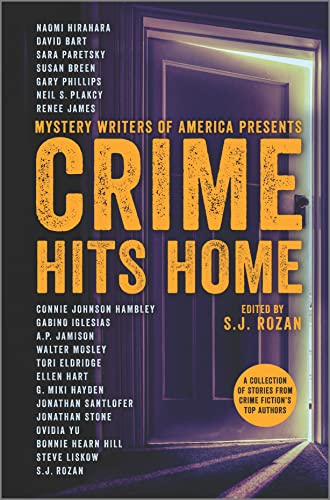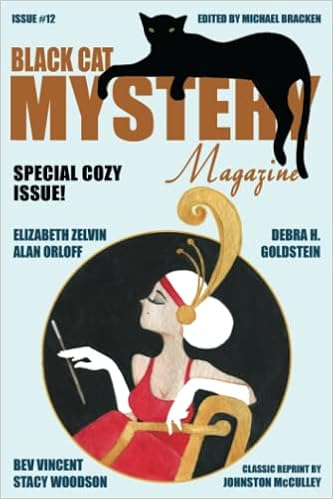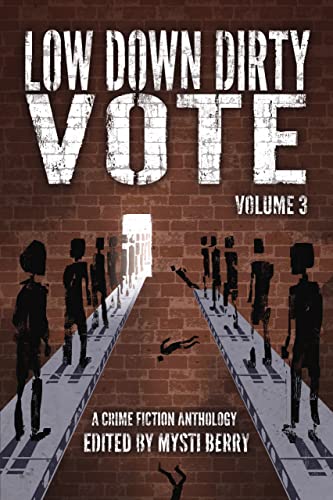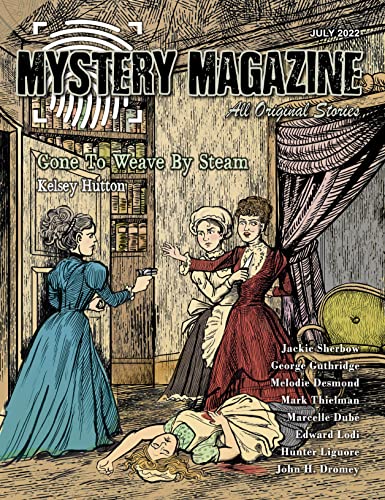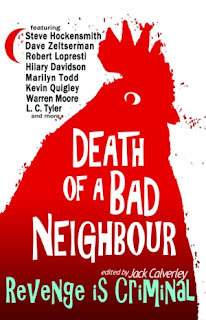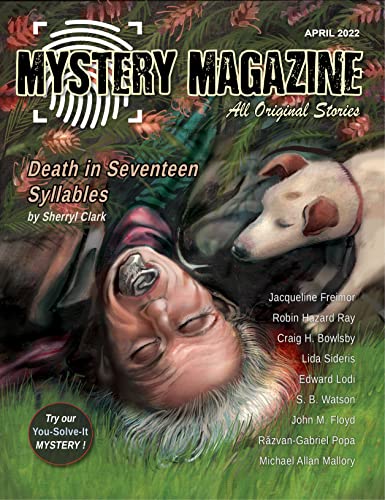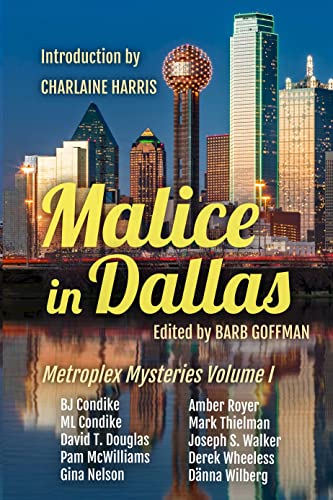"Locked-In," by William Burton McCormick, in Alfred Hitchcock's Mystery Magazine, January/February 2022. I find myself in an awkward position for the second time. Well, actually I have been in awkward positions many times. But this is only the second time for this one.
Occasionally I will exchange critiques with another writer. That is, I will send them a story and ask for advice on it. They do the same with me.
So I saw a version of this story back in 2019. It is possible McCormick adopted some of my suggestions. (Don't ask me what I suggested; it was three freaking years ago.) You can therefore say I am not objective about it, so take my opinion with however many grains of salt you think appropriate. But it is the best story I read this week.
Oh, and this is the fifth time McCormick has made it into this column. Now, down to business.
It's 1943. An insurance man named Jeff has just rented a house in a new city. His landlord warns him that the cellar door is tricky and can slam shut. That's what happens in the first paragraph, locking our hero in behind a steel door.
Oops.
Well, embarassing but no big problem. He just has to attract the attention of a passer-by who happens to near his lonely alley:
"Help me, please, miss!" I shout. "I've locked myself in this basement. Can you come inside and unfasten the door?"
Her stare is icy cold. "If you think I'm coming in there alone with you, fellah, you're crazy!"
"But--"
"No. Not with all the odd things and killings happening in this part of town. Sorry."
"Odd things and killings..." You don't have to be an MWA Grand Master to guess what happens next. When Jeff finally gets the attention of someone willing to enter, it is the man responsible for those other bad events. And a game of cat and mouse begins.
This is a pure suspense story, and very well done. I am especially fond of the last paragraph, in which McCormick tips his hat to another well-known suspense author.








